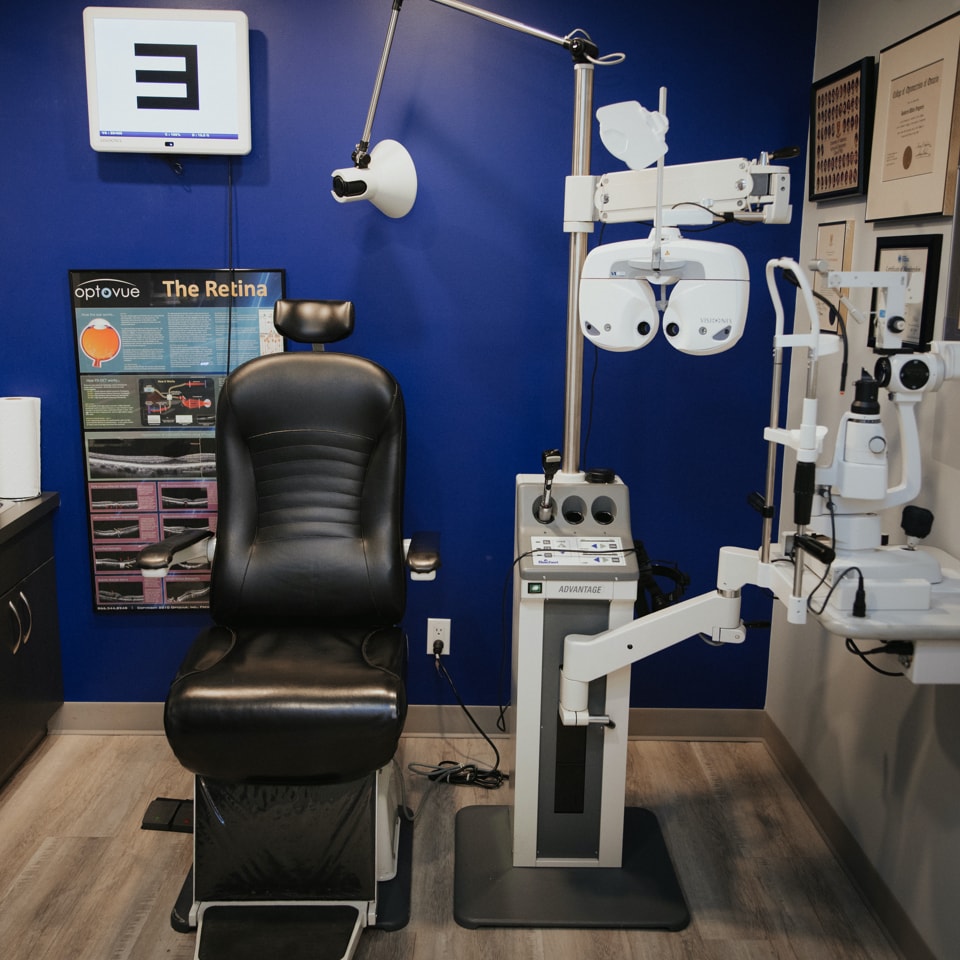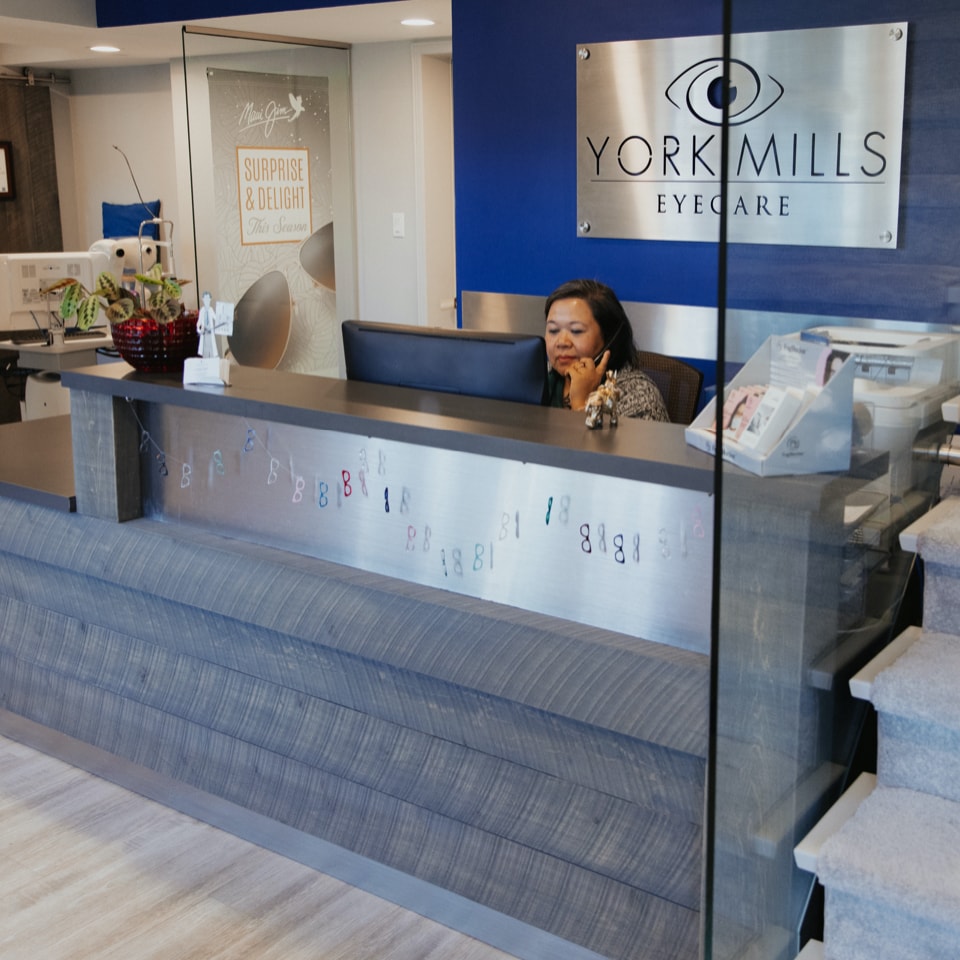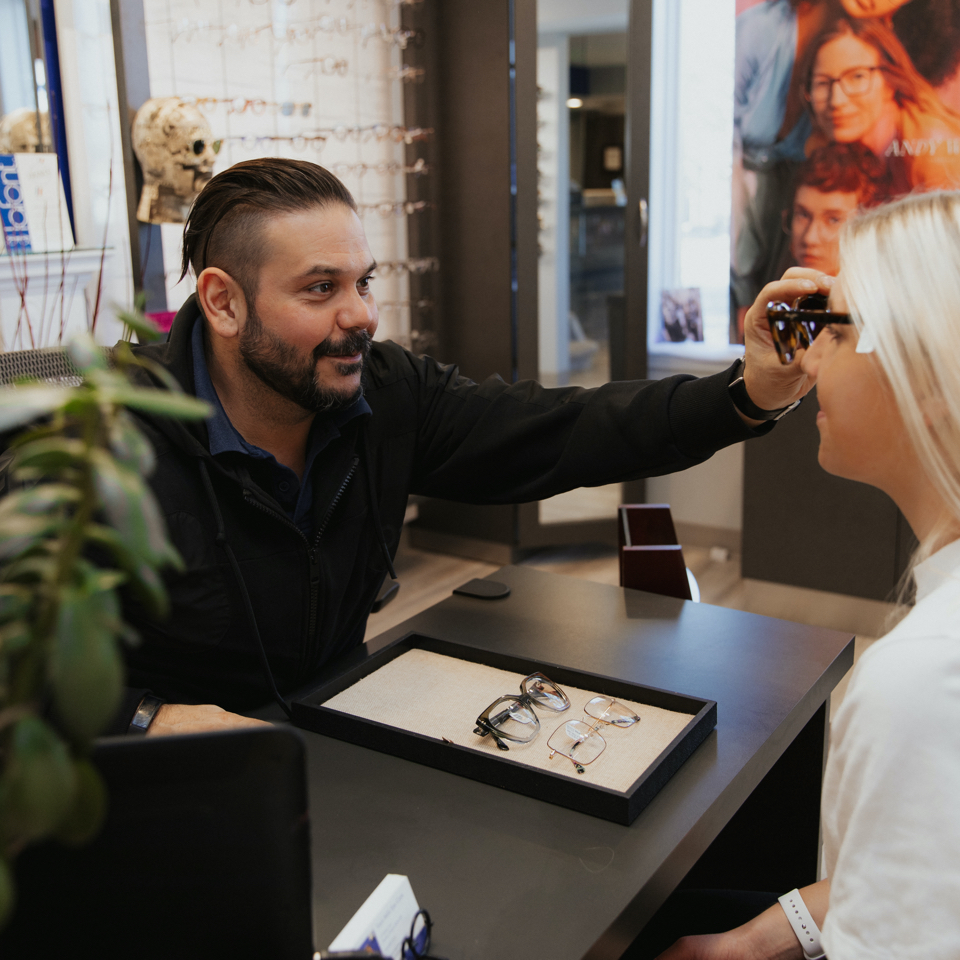Keeping Diabetic Concerns at Bay
If you have been diagnosed with diabetes, some increased visual health concerns need to be monitored. Certain eye diseases have a higher propensity to occur in patients with diabetes. But noticing the earliest signs of eye disease gives us an advantage in managing your vision safely.
A diabetic eye exam at York Mills Eye Care is the first step for slowing the development of diabetes-related eye conditions. Let us take an in-depth look at your eyes to evaluate the impact diabetes is having on your vision. From there, we can take the next step to protect your visual system.





















